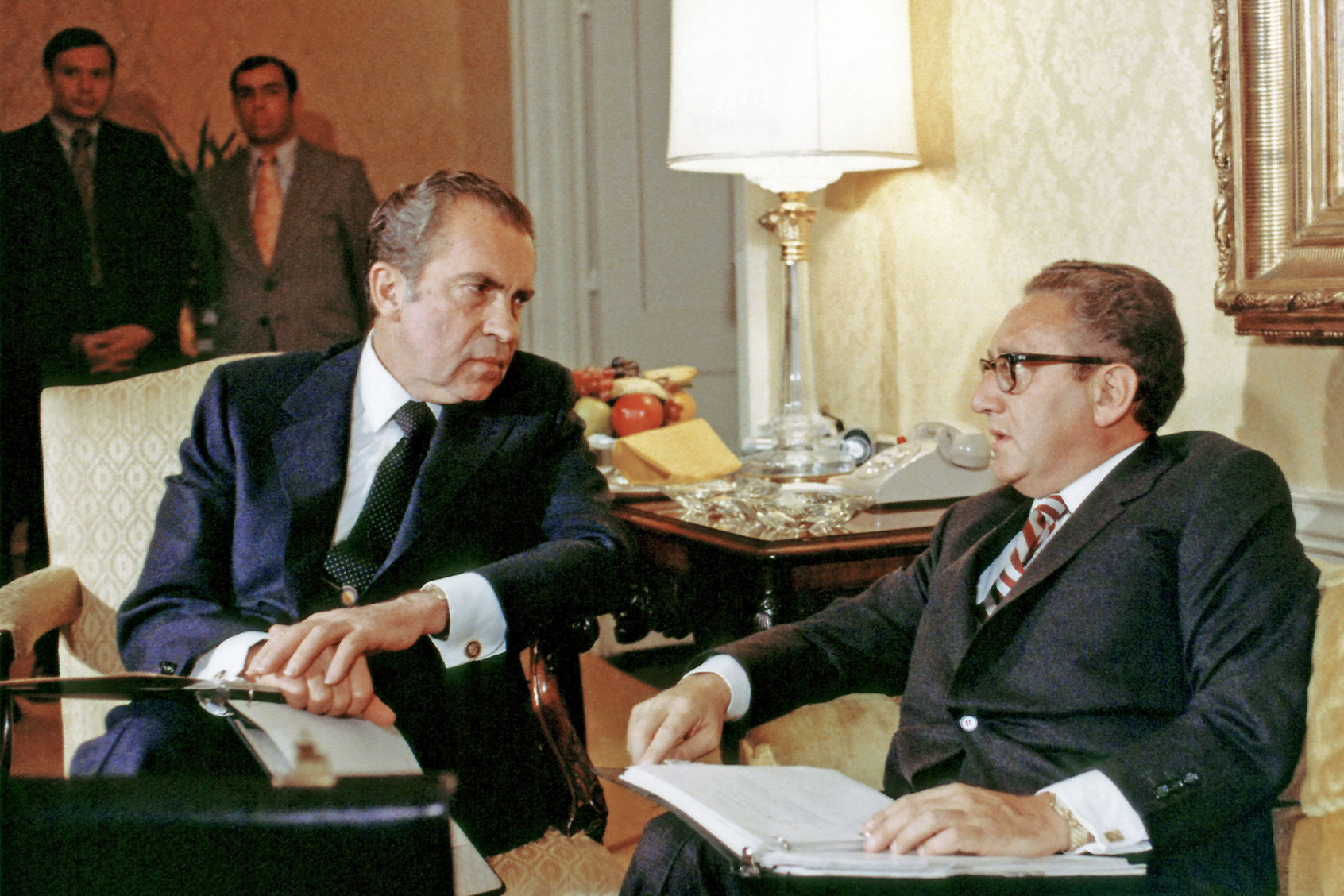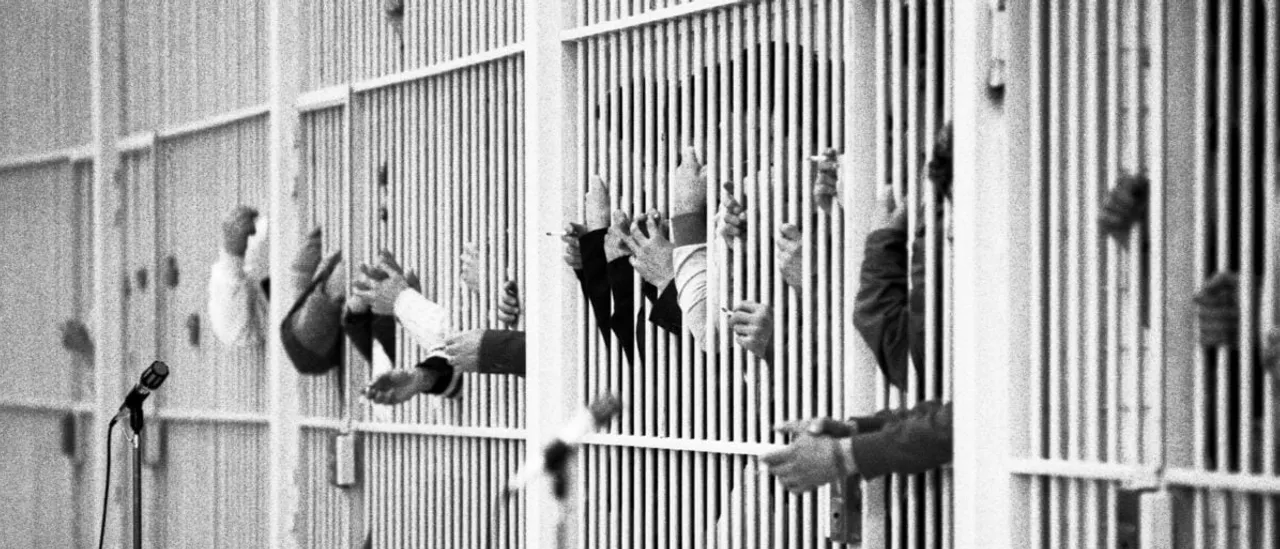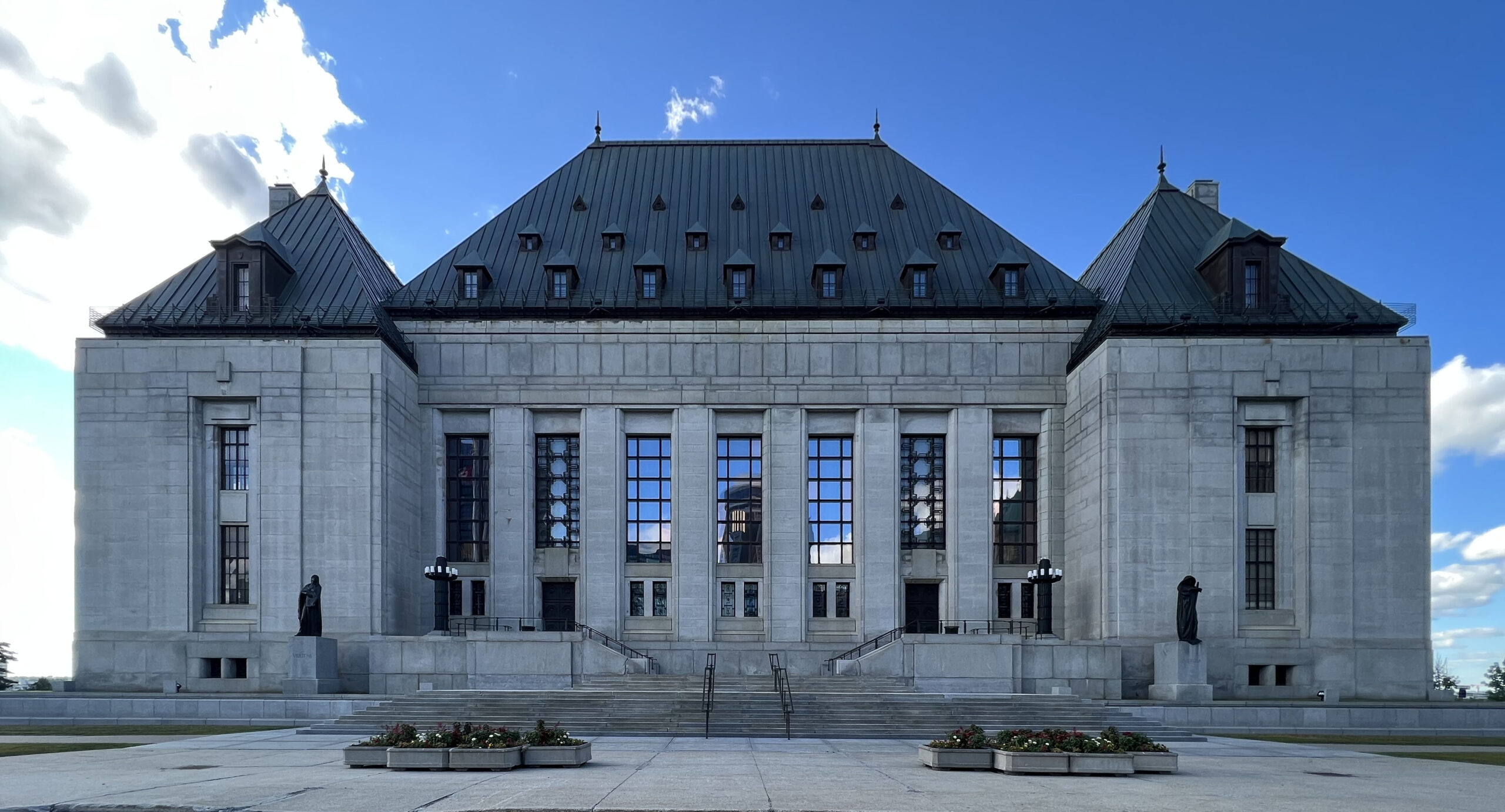A new documentary titled “American Experience: Kissinger” aired on public television on October 27, 2023, aiming to explore the complex legacy of former U.S. Secretary of State and National Security Adviser Henry Kissinger. While it revisits significant moments from his tenure in the Nixon administration, the film has drawn criticism for failing to deliver new insights into the moral complexities of his foreign policy decisions.
The documentary reflects on Kissinger’s role during pivotal events like “ping-pong diplomacy” with China and the Vietnam War, showcasing television clips from the past that highlight his public persona. For viewers who may only be familiar with Kissinger’s reputation as a controversial figure, the film presents a nostalgic look at his achievements, including the 1972 nuclear arms limitation agreement with the Soviet Union.
Despite its focus on historical milestones, the documentary has been described as more of a recap than a critical analysis. It largely reiterates well-known narratives about Kissinger’s foreign policy, neglecting to engage deeply with the darker implications of his actions, particularly the impact on both foreign nations and American citizens. As the documentary progresses, it becomes apparent that it lacks rigorous exploration of Kissinger’s less admirable decisions, notably his handling of the Vietnam War.
One of the documentary’s notable omissions is its minimal use of the infamous Nixon tapes, which contain candid discussions about military strategy and political maneuvering. The film includes only a handful of tape recordings, largely trivial in nature, missing opportunities to reveal deeper truths about Kissinger’s motivations. For example, while the film indicates that Kissinger sought to end the Vietnam War, it does not thoroughly analyze how his decisions aligned with his career ambitions, particularly in relation to the impending 1972 presidential election.
Kissinger himself is quoted in the documentary, stating, “Ending the Vietnam War had been a principal goal of Nixon’s first term, not only in order to bring peace, but in order to end our domestic divisions.” This statement contrasts sharply with evidence from the Nixon tapes, which reveal a calculated approach to prolonging the war until after the election, thereby preserving political interests over humanitarian concerns. The National Security Council’s reports from that time indicated a consensus that South Vietnam could not survive without U.S. military support, a reality that Kissinger and Nixon were well aware of yet chose to ignore for political gain.
The film also touches on the secret bombing campaigns in Cambodia, which led to significant loss of life and suffering. However, it largely presents these events through animated sequences rather than engaging directly with the human cost. Critics argue that such a treatment trivializes the gravity of the decisions made during Kissinger’s tenure.
While the documentary features interviews with various historians, it heavily relies on commentary from Niall Ferguson, Kissinger’s authorized biographer, without adequately disclosing this relationship to viewers. This raises questions about potential biases in the narrative presented. Ferguson’s analysis does not clarify Kissinger’s strategy in Vietnam, instead offering vague conclusions that seem to obscure rather than illuminate the historical record.
The documentary’s superficial exploration is underscored by its animation choices, which portray significant protests and diplomatic negotiations in a cartoonish manner. This artistic decision has prompted criticism for undermining the serious nature of the events being discussed.
In summary, while “American Experience: Kissinger” revisits notable achievements of Henry Kissinger, it falls short of providing a comprehensive analysis of his controversial legacy. The film does not adequately address the moral complexities and consequences of his policies, particularly in Vietnam and Southeast Asia. As viewers reflect on Kissinger’s impact on both foreign and domestic fronts, the documentary serves as a reminder of the need for deeper exploration of historical narratives, particularly those involving figures whose decisions shaped the course of nations.






